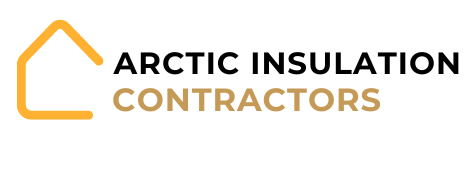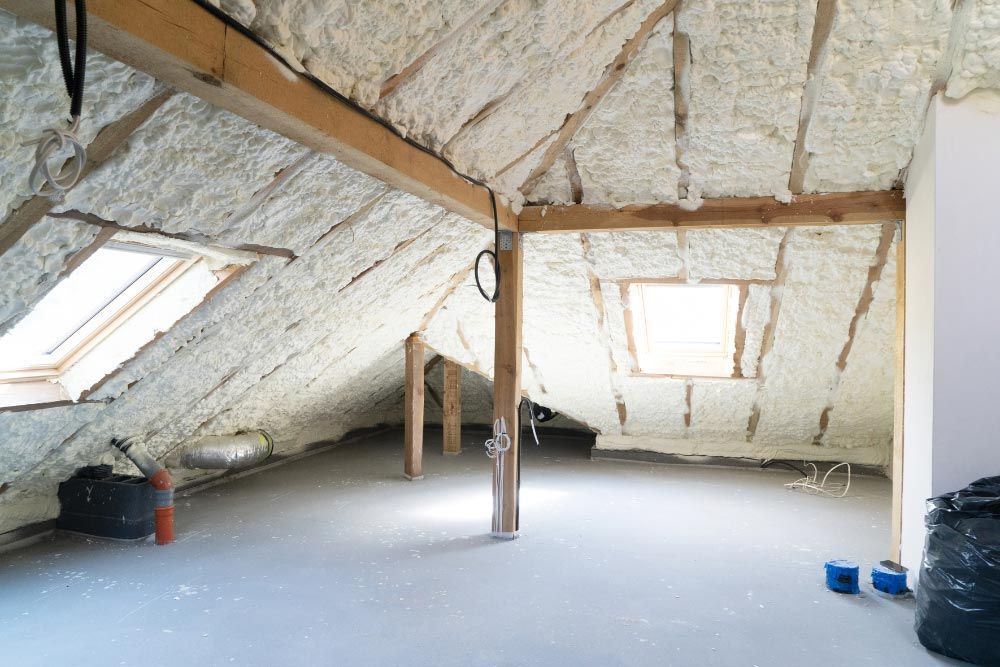Top 7 Benefits of Upgrading Your Home’s Insulation
Upgrading your home’s insulation is one of the most impactful improvements you can make in 2025. While older homes often have outdated or insufficient insulation, modern materials and techniques offer enhanced energy efficiency, comfort, and protection.
This guide highlights the top 7 benefits of upgrading your home’s insulation, why it matters, and how it can save money while improving your living environment.
What Does Upgrading Home Insulation Mean?
Upgrading insulation involves replacing or adding insulation in key areas of your home attics, walls, floors, or crawl spaces. Unlike basic insulation, upgrades use modern materials like:
- Spray foam insulation – Expands to fill gaps and prevents air leaks
- Blown-in cellulose – Eco-friendly and fills voids in walls and attics
- Fiberglass batts – Cost-effective and easy to install
- Rigid foam boards – Excellent for basements and exterior walls
Upgrading ensures your home meets current energy efficiency standards and addresses issues like drafts, uneven temperatures, and moisture buildup.
1. Lower Energy Bills
One of the most immediate benefits of better insulation is reduced energy costs. Properly sealing and insulating your home can significantly cut heating and cooling expenses. As noted by ENERGY STAR, homeowners can save up to 20–30% on energy bills by upgrading insulation and sealing air leaks, making this improvement both economically and environmentally beneficial.
- Minimize heat loss or gain through walls, ceilings, and floors.
- Reduce energy consumption for heating and cooling.
- Lower monthly utility bills by up to 20–30% in some cases.
Whether you install spray foam, fiberglass, or blown-in insulation, investing in your home’s thermal barrier pays off quickly through energy savings.
2. Enhanced Comfort Year-Round
Proper insulation maintains a consistent indoor temperature, eliminating drafts and cold spots in winter or hot spots in summer. This creates a more comfortable living environment for your family, including:
- Even heated rooms in winter.
- Cooler, more breathable rooms in summer.
- Reduced reliance on heaters and air conditioners.
Comfort goes hand-in-hand with energy efficiency, allowing your HVAC system to run less frequently while still maintaining a pleasant temperature.
3. Noise Reduction
Home insulation isn’t just for temperature control; it also acts as a sound barrier. Upgrading your insulation can:
- Reduce noise from outside traffic, neighbors, or environmental sounds.
- Minimize sound transmission between rooms and floors.
- Create a quieter, more peaceful living space.
Spray foam and dense batt insulation are particularly effective at absorbing sound, making your home feel serene and calm.
4. Improved Indoor Air Quality
Many insulation materials help reduce the infiltration of dust, pollen, and allergens, which can significantly improve indoor air quality. Benefits include:
- Limiting airborne particles that can trigger allergies or asthma.
- Reducing moisture and condensation that can lead to mold growth.
- Keeping your home cleaner and healthier overall.
Proper insulation works together with ventilation systems to create a safer, healthier environment for you and your family.
5. Increased Home Value
Upgrading your insulation isn’t just about comfort and savings, it’s an investment in your property. Homes with energy-efficient improvements are more appealing to buyers because they:
- Lower future utility costs.
- Offer improved comfort and indoor air quality.
- Include modern, efficient features that may increase resale value.
If you plan to sell your home, highlighting upgraded insulation can make your property more attractive in a competitive real estate market.
6. Environmental Benefits
Better insulation reduces the energy demand on your home, which in turn lowers greenhouse gas emissions. Upgrading insulation helps:
- Decrease your carbon footprint.
- Reduce reliance on fossil fuels for heating and cooling.
- Support sustainable, eco-friendly living.
Energy-efficient homes contribute to a cleaner environment while helping you save money making insulation upgrades both economically and ecologically beneficial.
7. Extended HVAC Lifespan
When your home loses or gains too much heat, your heating and cooling systems have to work harder, which can shorten their lifespan. Upgrading insulation helps:
- Reduce strain on HVAC systems.
- Minimize the need for frequent repairs.
- Improve overall system efficiency and longevity.
By maintaining more stable indoor temperatures, your HVAC system doesn’t have to cycle on and off as frequently, saving you money on maintenance and replacement in the long run.
Cost of Upgrading Home Insulation in 2025
Costs vary depending on the type of insulation, home size, and installation method:
- Fiberglass batts: $0.50–$1 per sq. ft.
- Blown-in cellulose: $1–$2 per sq. ft.
- Spray foam insulation: $1.50–$3 per sq. ft.
- Rigid foam boards: $1–$3 per sq. ft.
While upfront costs can vary, the long-term savings on energy bills and HVAC maintenance often make insulation upgrades a wise investment.
Signs Your Home Needs an Insulation Upgrade
Consider upgrading if you notice:
- High energy bills despite normal usage
- Uneven temperatures between rooms
- Drafts or cold/hot spots
- Excessive noise from outside or adjacent rooms
- Ice dams forming in winter (indicating heat loss)
- Evidence of moisture, mold, or pest activity in walls or attics
A professional energy audit can help identify areas where insulation upgrades will have the greatest impact.
Final Thoughts
Upgrading your home’s insulation is more than just a comfort improvement, it’s a smart, long-term investment. From lower energy bills to increased home value, better comfort, and environmental benefits, insulation upgrades pay off in multiple ways.
Whether you’re renovating an older home or enhancing a newer property, upgrading insulation ensures year-round comfort, health, and efficiency for years to come.
Frequently Asked Questions
How much does it cost to upgrade home insulation?
Costs vary by material, home size, and installation type. On average, homeowners spend between $1,500 and $4,000 for an attic upgrade, with other areas like walls or crawl spaces varying accordingly.
How long does insulation last?
High-quality insulation can last 20–30 years or more, depending on the material and maintenance. Spray foam typically lasts longer than fiberglass or cellulose.
Can I install insulation myself?
DIY installation is possible for some types like fiberglass batts or blown-in insulation, but professional installation is recommended for spray foam and complex areas to ensure efficiency and safety.
Will insulation help with noise reduction?
Yes. Insulation, especially spray foam or dense batt, can significantly reduce sound transmission between rooms and from outside.
Does insulation improve home energy efficiency?
Absolutely. Proper insulation reduces heat transfer, lowers HVAC energy use, and helps maintain consistent indoor temperatures, resulting in energy savings and a smaller carbon footprint.


